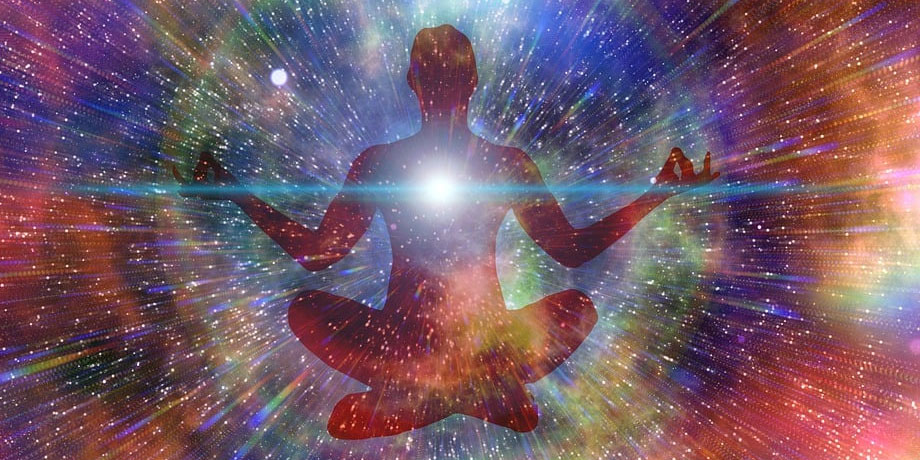
The philosophy of Vedanta is one of the oldest and most revered philosophical systems in India. It is considered to be the culmination of the Vedic tradition and is considered to be the foundation of Indian spirituality. The word "Vedanta" literally means "the end of the Vedas," and it is based on the teachings found in the Upanishads, which are a collection of texts that are considered to be the most sacred and profound in the Vedic tradition.
The philosophy of Vedanta is centered around the concept of Brahman, which is the ultimate reality and the source of all existence. Brahman is considered to be the absolute and unchanging reality that underlies all things. It is seen as the ultimate goal of human existence and the ultimate source of all knowledge and wisdom.
One of the main teachings of Vedanta is that the individual self, or Atman, is identical to Brahman. This means that the individual self is not separate from the ultimate reality, but is in fact one with it. This is known as the doctrine of non-dualism, and it is considered to be the central teaching of Vedanta.
Another important teaching of Vedanta is the doctrine of maya, which is the idea that the world as we perceive it is not real, but is instead an illusion. According to this teaching, the world is constantly changing and is subject to the laws of cause and effect. However, the ultimate reality, Brahman, is unchanging and eternal.
Vedanta also teaches that the path to enlightenment and liberation is through the practice of self-knowledge, or Atma-Vidya. The goal of this practice is to understand the true nature of the self and to realize the identity of the individual self with Brahman. This realization is said to lead to freedom from the cycle of rebirth and the attainment of ultimate freedom and liberation.
One of the most popular and well-known texts of Vedanta is the Bhagavad Gita, which is considered to be one of the most important spiritual texts in the world. The Gita is a dialogue between Lord Krishna and the warrior prince Arjuna, and it teaches the principles of selfless action, devotion to God, and the path to liberation.
Vedanta philosophy has had a profound impact on Indian spirituality and has influenced many other spiritual traditions in India. The teachings of Vedanta have been studied and practiced by scholars, saints, and spiritual seekers for thousands of years. The concepts of Brahman, non-dualism, and the path to liberation have become central to many spiritual practices in India and have contributed to the development of a rich spiritual tradition that continues to thrive today.
In conclusion, Vedanta philosophy is one of the oldest and most revered philosophical systems in India and considered as the foundation of Indian spirituality. The central teaching of Vedanta is the doctrine of non-dualism, which states that the individual self, or Atman, is identical to Brahman. It also emphasizes on the concept of Maya, which states that the world as we perceive it is not real, but is instead an illusion. The ultimate goal of Vedanta is the attainment of ultimate freedom and liberation through self-knowledge. The teachings of Vedanta have had a profound impact on Indian spirituality and continue to be studied and practiced by many to this day.



Leave a Comment